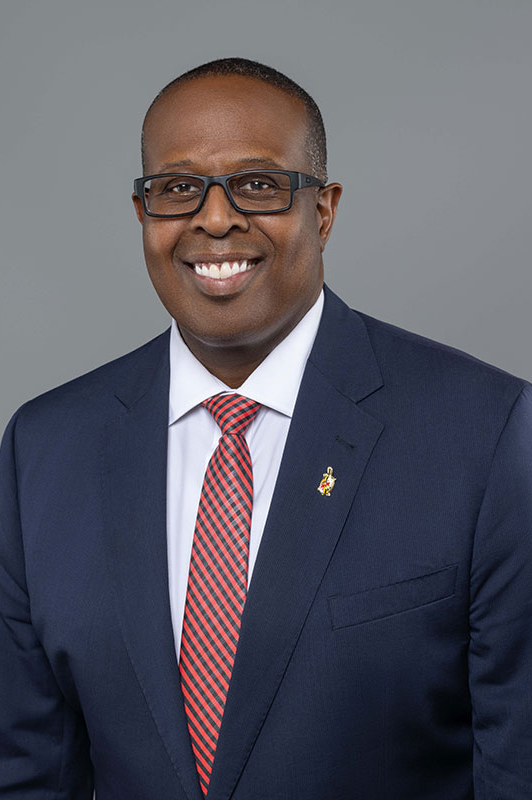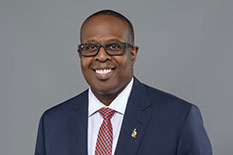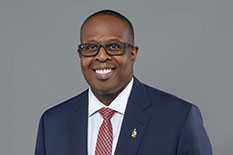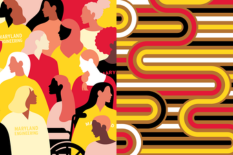The Clark School Celebrates LGBTQ+ Engineers
October 1, 2025
Read Dean Graham's LGBTQA+ History Month Message
Ethan Guadamuz Castillo
 Civil and environmental engineering (CEE) junior Ethan Guadamuz Castillo credits his mom for helping to spark his passion for engineering by introducing him to STEM programs, including a Lego league in elementary and middle school. Through his involvement in Project Lead the Way in high school, the engineering process of designing, pitching, and presenting hands-on solutions to real-world problems—including an alarm and speaker system that worked with a glucose monitor for a classmate with Type 1 diabetes—was beginning to “click.”
Civil and environmental engineering (CEE) junior Ethan Guadamuz Castillo credits his mom for helping to spark his passion for engineering by introducing him to STEM programs, including a Lego league in elementary and middle school. Through his involvement in Project Lead the Way in high school, the engineering process of designing, pitching, and presenting hands-on solutions to real-world problems—including an alarm and speaker system that worked with a glucose monitor for a classmate with Type 1 diabetes—was beginning to “click.”
Guadamuz Castillo describes his first year at the Clark School as a struggle complicated by anxiety issues he didn’t know he had—“being at UMD has taught me a lot about myself,” he says. Serving as a ClarkLEADER his sophomore year was one way of ensuring the next class knew about the resources offered to them. Likewise, participating in Engineers Without Borders during his freshman year, working on a maternity ward project in Uganda, gave him the opportunity to help the global community through engineering for the public good. In addition to his major coursework, he’s pursuing a Science, Technology, Ethics, and Policy minor in the hopes it helps him become “a more ethical engineer who considers not only how to build things,” he says, “but also how the things we build impact the people who interact with them.”
This summer, Guadamuz Castillo experienced the “people part” of engineering as an intern for WCS Construction. At the job site, he worked with contractors to lay the groundwork of pipes and lines—“like spaghetti underground”—for new townhomes. This semester, when he’s not studying, he can be found at Eppley Recreation Center, where he works as a lifeguard, swims with the Maryland Club Swim Team, and climbs with Maryland Club Climbing—experiences that have made a large campus feel like a tight-knit community. Identifying with the LGBTQ+ and Latine communities, he says he has always felt accepted on campus. In turn, he tries to foster a welcoming environment for everyone he meets. “Being outgoing, I’m eager to learn, and I ask questions to get to know people better,” he says. “I feel like that’s a good quality for engineering and life—to approach situations with curiosity and empathy.”
Logan Glauser
 Electrical and computer engineering alum Logan Glauser ’24 has always liked the excitement and challenge of computers: from receiving his first computer as a kid—“I couldn’t wait to take it apart,” he says—to applying his hardware skills to help the Clark School Terps Racing team. “In the lab course designing electric cars, I built a circuit board that Terps Racing needed for the electric vehicle.”
Electrical and computer engineering alum Logan Glauser ’24 has always liked the excitement and challenge of computers: from receiving his first computer as a kid—“I couldn’t wait to take it apart,” he says—to applying his hardware skills to help the Clark School Terps Racing team. “In the lab course designing electric cars, I built a circuit board that Terps Racing needed for the electric vehicle.”
He's also proud of the work he did during his study abroad at the Technical University of Denmark—particularly his studies focused on trains, wind energy, and renewables. In one course, he took a field trip to the Danish side of the Viking Link, a 475-mile electricity interconnector—still under construction at the time—that connects the Danish and UK power grids via a subsea cable, maximizing the use of renewable resources like wind power. “The technical, electrical engineering side of the project is very interesting, how they’re able to be connected to the grid and how they can trouble-shoot solutions to problems that come up,” he says. In addition to his courses being rooted in renewable engineering, Glauser noted a deep entrepreneurial focus. “There was an entire lab dedicated to startups,” he says.
A country at the forefront of renewable energy, Denmark also has a progressive history when it comes to LGBTQ+-inclusive policies, including being the first country to legally recognize a relationship for same-sex couples, in 1989. Glauser appreciated feeling welcomed—and very safe—while he was there. In addition to visiting sites in Denmark, he traveled to Sweden, Germany, France, and to Interlochen, Switzerland, his father’s ancestral hometown.
After graduation, Glauser went to work as an electrical engineer for Northrop Grumman. Part of a rotational program, he’s learning by doing, along with the help of mentors, with the ultimate goal of designing systems for satellites. “Space has always been a big interest of mine,” he says.
At work, he contributes to the company culture by helping to organize programs and events for LGBTQ+ community members and allies during Pride Month. As for his advice for students studying at Maryland, where Glauser met his partner, Jonathon ’26 (cell biology), he encourages exploration. “Get out of your comfort zone,” he says. “Try new things. Form new connections.”
Sandra Greer
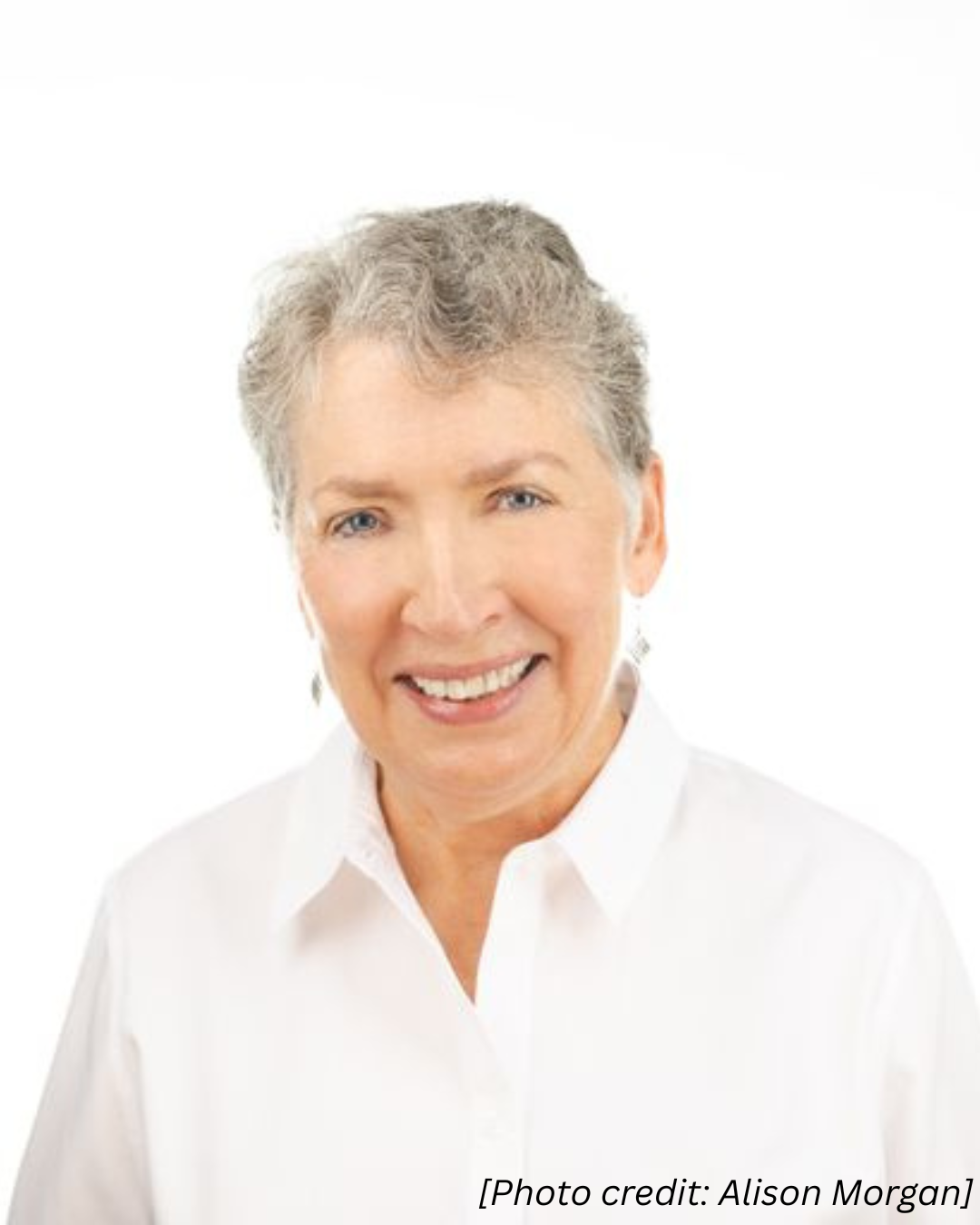
A pioneering physical chemist and chemical engineer, Professor Emerita Sandra Greer is also a staunch advocate for ethics and equity in science. When she joined the University of Maryland (UMD) in 1978, she was the first woman hired on to a regular full-time research tenure track in the College of Computer, Mathematical, and Natural Sciences Department of Chemistry and Biochemistry; she served as the first woman chair from 1990 to 1993. In 1995, she was jointly appointed professor in the Clark School’s Department of Chemical and Biomolecular Engineering (ChBE), becoming the department’s first tenured woman faculty member. In 2008, she retired from UMD to become provost and dean of the faculty at Mills College in Oakland, California. She retired from Mills in 2015.
As chair of the President’s Committee on Undergraduate Education from 1987 to 1988, she developed an extensive report, “Making a Difference for Women,” also known as the “Greer Report,” which became the blueprint for the advancement of women at the university. Among many awards granted by UMD, she received the 2008 Pride Award of the Lesbian, Gay, Bisexual, and Transgender Community; the 2008 William E. Kirwan Award for Excellence in Undergraduate Education; and the 2011 A. James Clark School of Engineering Wall of Commitment Award.
Having retired from Mills College, Greer now lives in Northern California and visits often with her partner, Linda Richards, who lives in Austin, Texas. We caught up with the trailblazing professor to see what retirement has held for her—and what being a woman of science has meant to her professional and personal life. 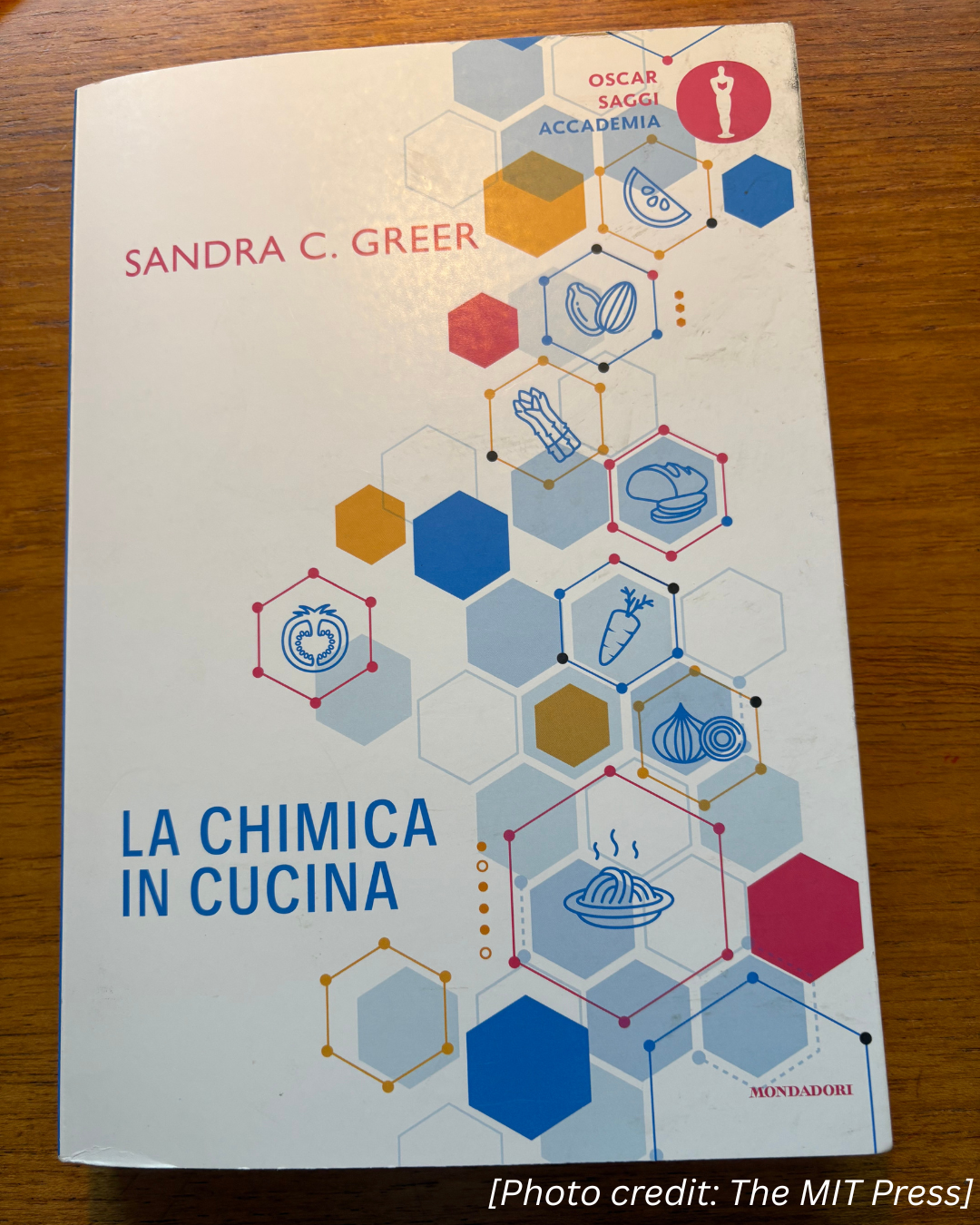
You were at UMD for more than 30 years. What made UMD a good place to spend the majority of your career?
Greer: Maryland is a very fine university—the support systems, the library systems, the facilities. And the students were smart, interested, committed, and fun. I really enjoyed teaching and volunteered to teach the general chemistry course for engineering majors, where we could discuss topics that were more interesting to them. I loved the engineers and their get-it-done attitude.
I must mention Jan Sengers—I still know him, he’s 92 now—who was the chair of ChBE and who was always something of a mentor to me; our research was in the same field of thermodynamics. Jan was very gracious and kind when I came out as a lesbian in 1990. I never was closeted. Being true to the truth is part of my life as a scientist. Also William “Brit” Kirwan, who was the university president at the time, managed to address the LGBT community with grace, helped set up the first LGBT equity center, and hired Luke Jenson to form a supportive network. This led to Maryland having the kind of climate I’m so proud of. In spite of the scare tactics these days, Maryland and the Clark School have not conceded, but they dare to be welcoming to members of the LGBTQ+ community.
You’ve called the ethics course you taught—which helped lay the foundation for the Science, Technology, Ethics, and Policy (STEP) minor—your biggest gift to UMD. What was that like?
Greer: From 1995 to 2008, I taught an ethics in science course I designed. There was no lecture, and we limited the course to 15 or 20 students, and once a week for three hours we sat and discussed ethical issues around the practice of engineering, interpersonal behavior, work habits, and more. I had students tell me it was the most valuable course they ever took. Later, I wrote a book called Elements of Ethics for Physical Scientists. A former doctoral student of mine, Jermey Matthew, decided to go into scientific publishing and took a job at The MIT Press. He asked me if I knew anybody who had a book. I did. So that’s who published that book based on the course I’d invented.
Your second book, your COVID pandemic project, was based on a course you taught later at Mills College. Can you tell us about that?
Greer: My hobbies are cooking and reading. I have something like 400 cookbooks. So, I invented a course on chemistry for cooks at Mills, and I only taught it for one year but it was completely filled. I wrote a book based on the course, called Chemistry for Cooks: An Introduction to the Science of Cooking. It’s written as a textbook that anyone could read, but with the chemical ideas introduced slowly but steadily. It includes a lot of cooking information and recipes, many of them family recipes, which are analyzed as scientific topics. And it sells–recently the book came out in Italian!
Another First
UMD’s Department of Chemistry and Biochemistry inaugural gift in support of the new Chemistry Building was made by an anonymous donor to name the Signature Dissertation and Meeting Room in honor of Sandra Greer, the first woman chair of the department.

